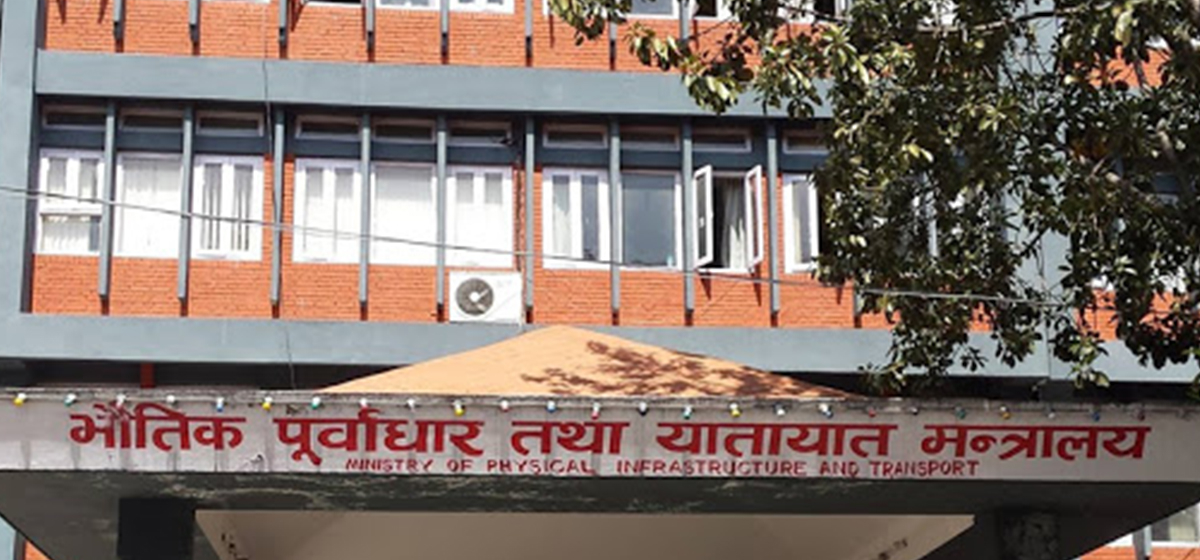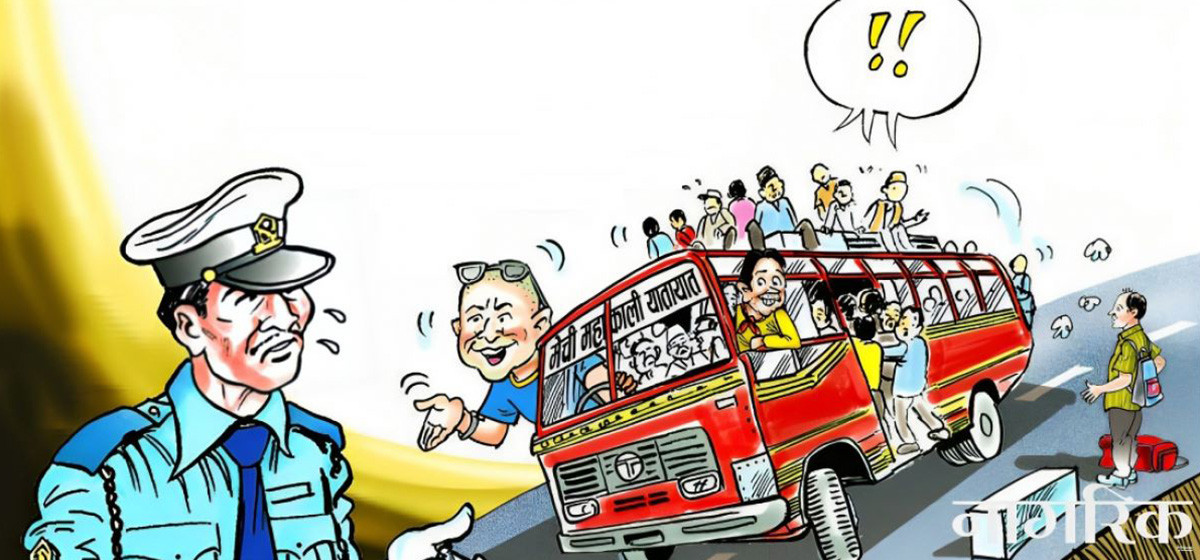Two years ago, Prarthana Saakha, managing director of Helmets Nepal, a store that sells safety equipment for two-wheelers, survived a fatal accident. Her vehicle had been hit by a truck. “That close encounter with death changed my life and made me realize the importance of road safety as well,” says Saakha. Since then, she has been actively involved in spreading awareness about road safety.

Road safety continues to remain a major concern for the residents of Kathmandu valley. According to the data maintained by Nepal Police, young motorbikes and scooter riders have always made for the bulk of the victims of road accidents. Every year, hundreds of youths lose their lives due to lack of awareness on this issue. Therefore, feeling the urgent need to involve civil society to ensure safety on the road, Project Prayas was initiated by the Ujyalo Foundation along with Helmet Nepal and Hidden Action.
“Through Project Prayas, we aim to make youngsters aware about the rules and restrictions that are supposed to be followed on the road,” says Saakha. According to her, safety of the riders has always been their top priority. Even the safety gears they sell at Helmets Nepal are of superior quality, ensuring utmost protection in case of falls and minor accidents.
Spreading awareness
Two wheelers are extremely popular among college students these days. Therefore, Project Prayas primarily focuses on preventing road accidents by making the youths aware about road safety. They not only emphasize on traffic rules but they also want to ensure that riders are disciplined on the road and know how to maintain their automobiles well.
Road safety draft gathering dust at the Ministry of Transport f...

For this, they hold various workshops that are an hour and half long. Till date, they have conducted their sessions at Presidential Business School and Malpi International College. The workshop is divided into three segments. In the first part, a local traffic police briefs the students about general traffic rules, meanings of traffic symbols, ethics while overtaking, difference between highway and city roads etc.
The second part of the workshop deals with the importance of maintaining an automobile, and making sure it runs smoothly. The participants of the workshop are also taught some basic and general tips and tricks on the maintenance of their motorbikes. They believe that only following the traffic rules is not enough to prevent an accident. You also have to keep your vehicle in good shape.
“Most accidents occur because the riders do not know how to maintain their bikes. Motor oils and parts such as tires and the brake system need to be checked and serviced at regular intervals. This can go a long way in preventing any kind of mishaps,” says Saakha.
At the end of the workshop, students are taught different ways of responding immediately after an accident. For example, the first thing that a person does after a bike accident is remove their helmet. But helmets should only be removed if the injured person is unable to breathe. Otherwise, helmets usually support cervical vertebrae and should not be taken off until medical aid arrives. This little fact can sometimes help save a life.
Stunts and rides
Hidden action is a group of skilled motorcycle stunt riders. This group is an integral part of Project Prayas as they make the students understand that motorcycle stunt is an art and a strict discipline that requires practice. You cannot do stunts simply because you have a motorbike and are feeling particularly courageous and bold.
According to Saakha, many college students have accidents because they try to perform random stunts on the road. Hidden action provides a platform for those who are interested in learning bike stunts.
They invite these students to learn with them in a safe environment and ensure that they follow all the safety procedures. This group wants to make sure that the art of motorcycle stunt is respected and kept off the roads, like it should be.
Riding etiquettes
The basics of riding etiquettes that are supposed to be followed on the road are also taught during the workshops that they hold. Project Prayas believes that when riders are on the road they are equally responsible for the life of others. “We make college students understand that a small mistake on their part can take someone else’s life,” says Saakha.
Also, using abusive words and getting aggressive on the road have now become a trend of sorts. It’s not rare to see bikes racing on the road as well. Project Prayas wants to ensure that the new generation is more sensitive towards others while out riding on the road.
Woman centric workshops
Women drivers can sometimes be extremely vulnerable on the road. “The thing that personally affected me the most were the trolls and jokes made on women riders,” says Saakha adding that in most of these jokes women were wrongly considered inefficient rider and drivers. According to her, this, to a great extent, affects a woman’s confidence on the streets.
Project Prayas also works to help women gain confidence through detailed description about road safety. They also equip women to use tools that ensure their wellbeing while riding. “Helmets sold for girls in the market are usually fragile and of low quality. Half helmets or cap helmets might not be able to resist the shock of an accident. So we also promote good quality safety gears for women riders,” concludes Saakha.






































